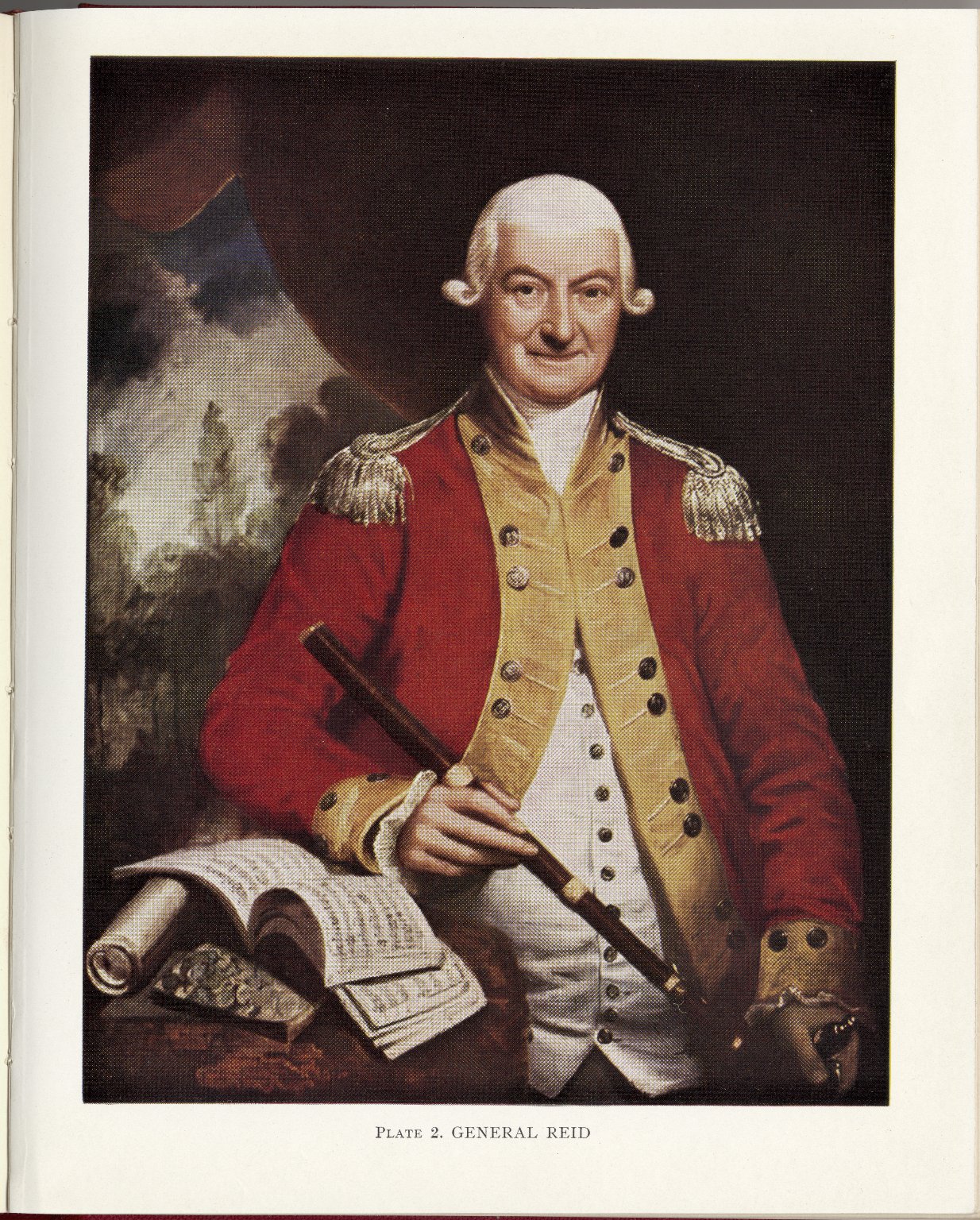Family matters
At 8, Queen Street, Edinburgh, on the 22d current, Mrs THOMSON, widow of the late John Thomson, Esq. Professor of the Theory of Music in this University, of a son.
This notice from Edinburgh newspaper The Caledonian Mercury, on 25 November 1841, caught my eye while I was researching another possible source for our first-year students to explore.
Newspapers are particularly rich sources for studying the history of musical life in this period, containing information on events, publications, professional musical life and much more: digitalisation makes these sources easily accessible and, of course, easily searchable. Sometimes, however, it is the things that we come across by accident, while looking for something else, that grab our attention.
John Thomson’s tenure as the first Professor appointed under the terms of John Reid’s bequest was a short one. He had only recently organised the first, highly successful Reid memorial concert when he died in May 1841, possibly without knowing that a child was on the way. Under the circumstances, those left behind may well have read something into the date on which Thomson junior entered the world: 22 November is, of course, St Cecilia’s Day.
